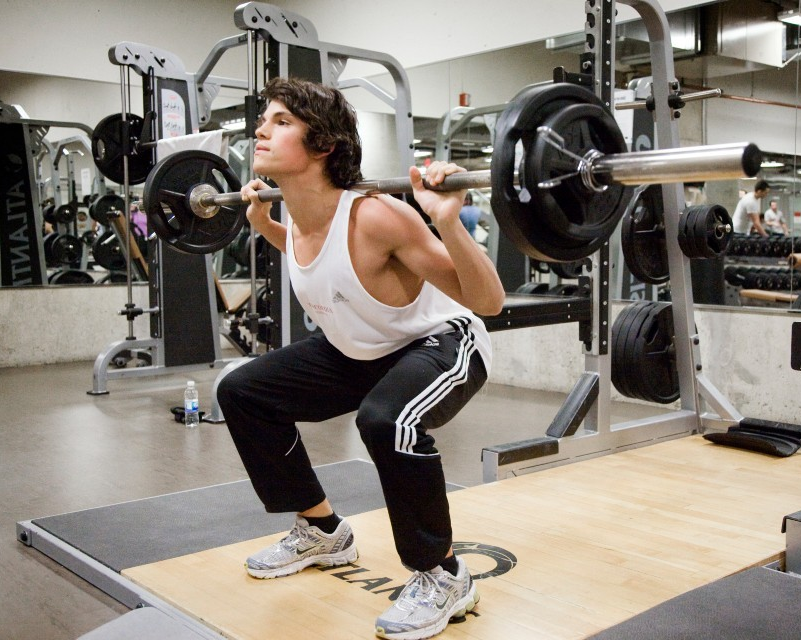Physical activity
5 things you should know
Regular physical activity increases your energy and concentration, helps manage stress, supports a healthy weight, and lowers your risk of many health issues. Bonus: it's also better for the planet.
University life can be busy and often sedentary, but making time to move is worth it. Limit sedentary time to 8 hours or less per day. You can do this by capping recreational screen time at no more than 3 hours and breaking up long periods of sitting. Whenever possible — walk to class, take the stairs, or schedule quick movement breaks during study sessions.
There two main types of physical activity: Aerobic activities (like walking, biking, running, swimming) — these offer the greatest overall health benefits. Muscle-and bone-strengthening activities (like resistance training, yoga, or bodyweight exercises). Other types of movement that helps your body includes balance exercises and flexibility (stretching).
The Canadian 24-Hour Movement Guidelines suggest aiming for at least 150 minutes of moderate-to vigorous-intensity physical activity per week — that’s just 30 minutes a day, 5 days a week.
Remember, more isn’t always better. Overtraining or excessive exercise can lead to issues like poor sleep, irritability, heart problems, or even injury. Listen to your body and find a balance that supports both your physical and mental health.


